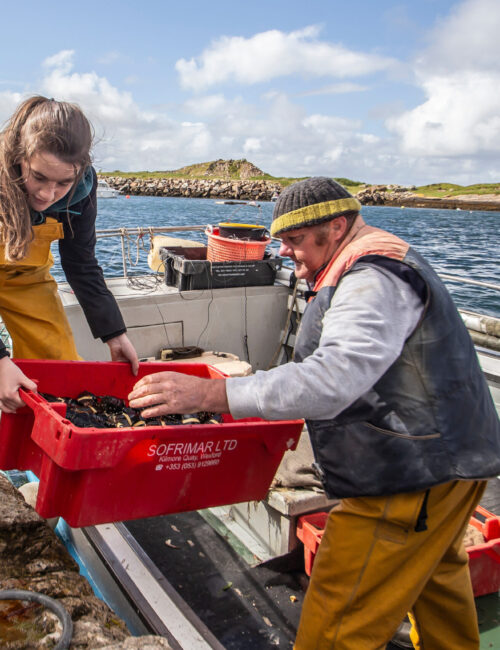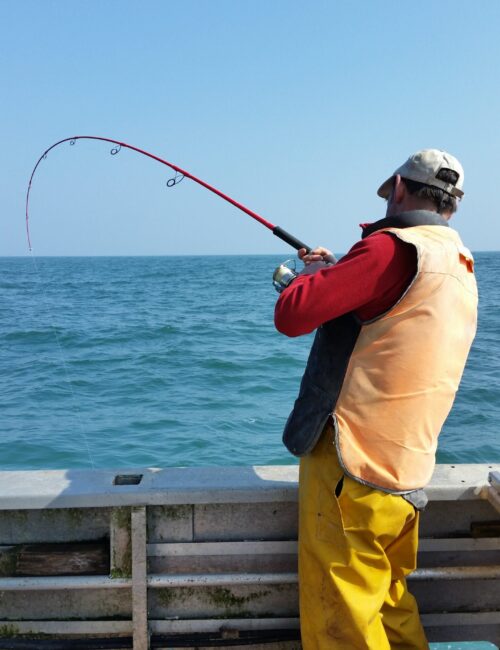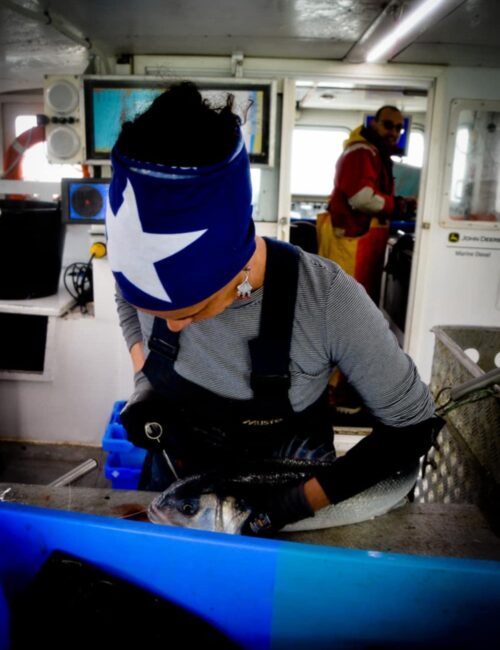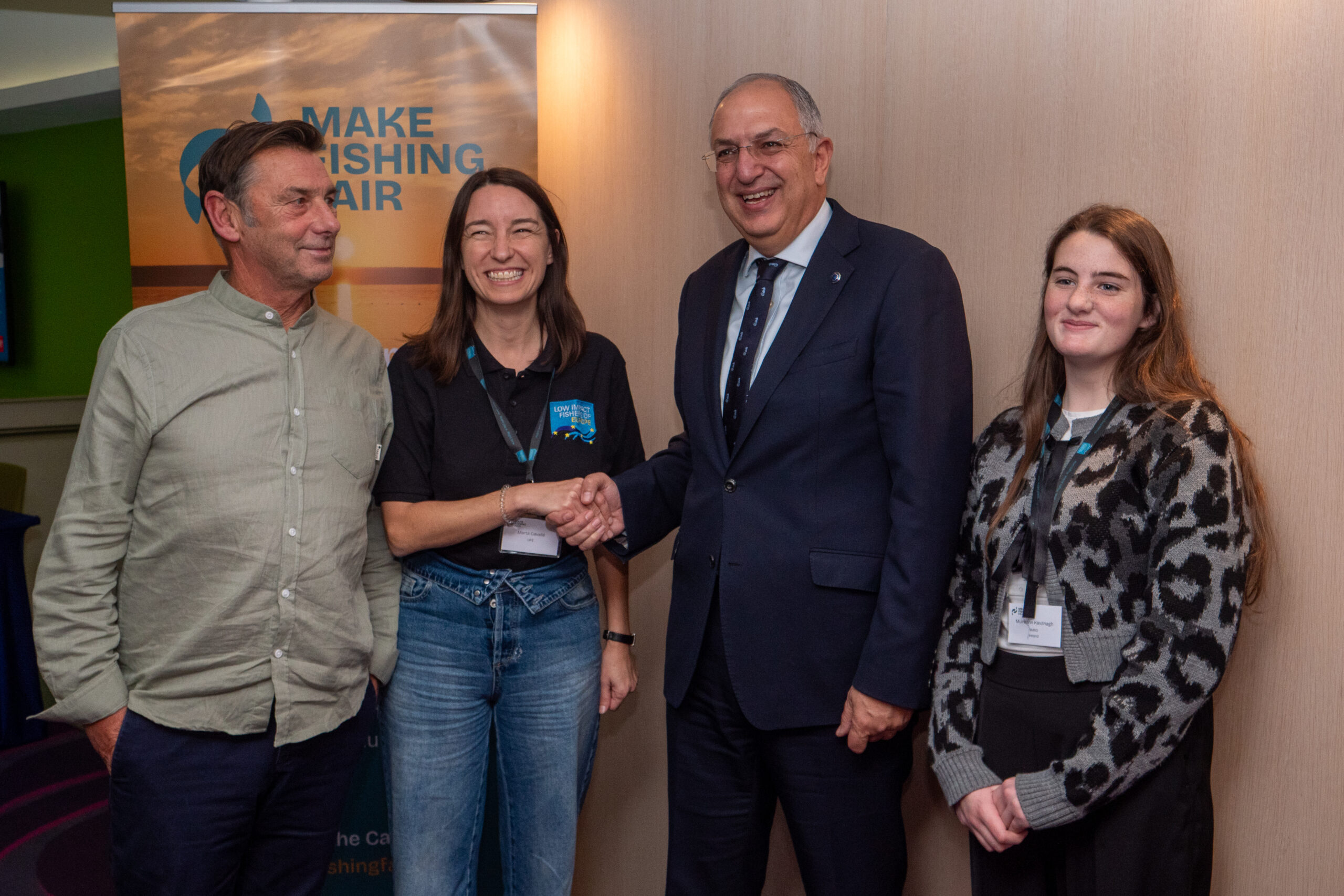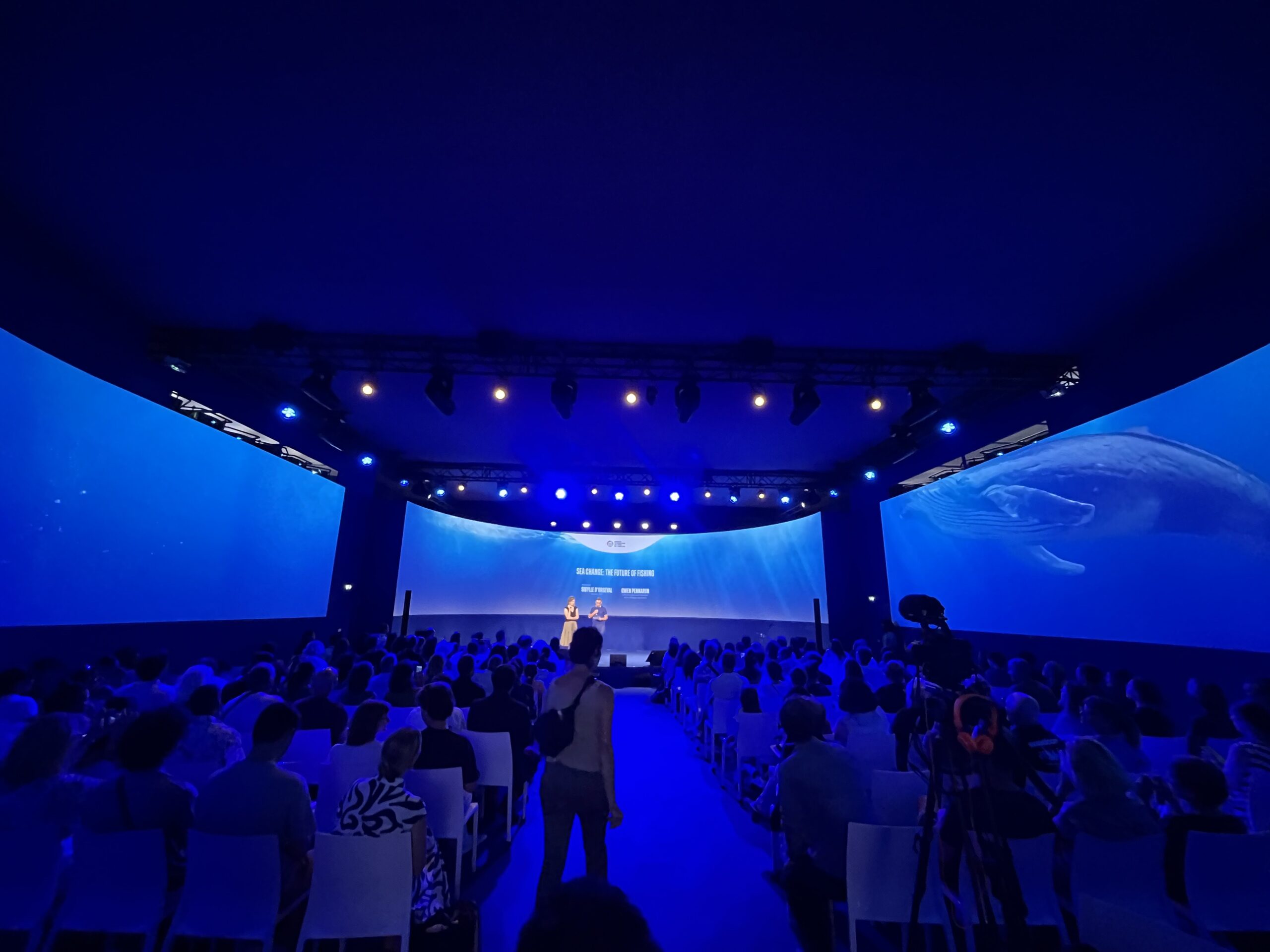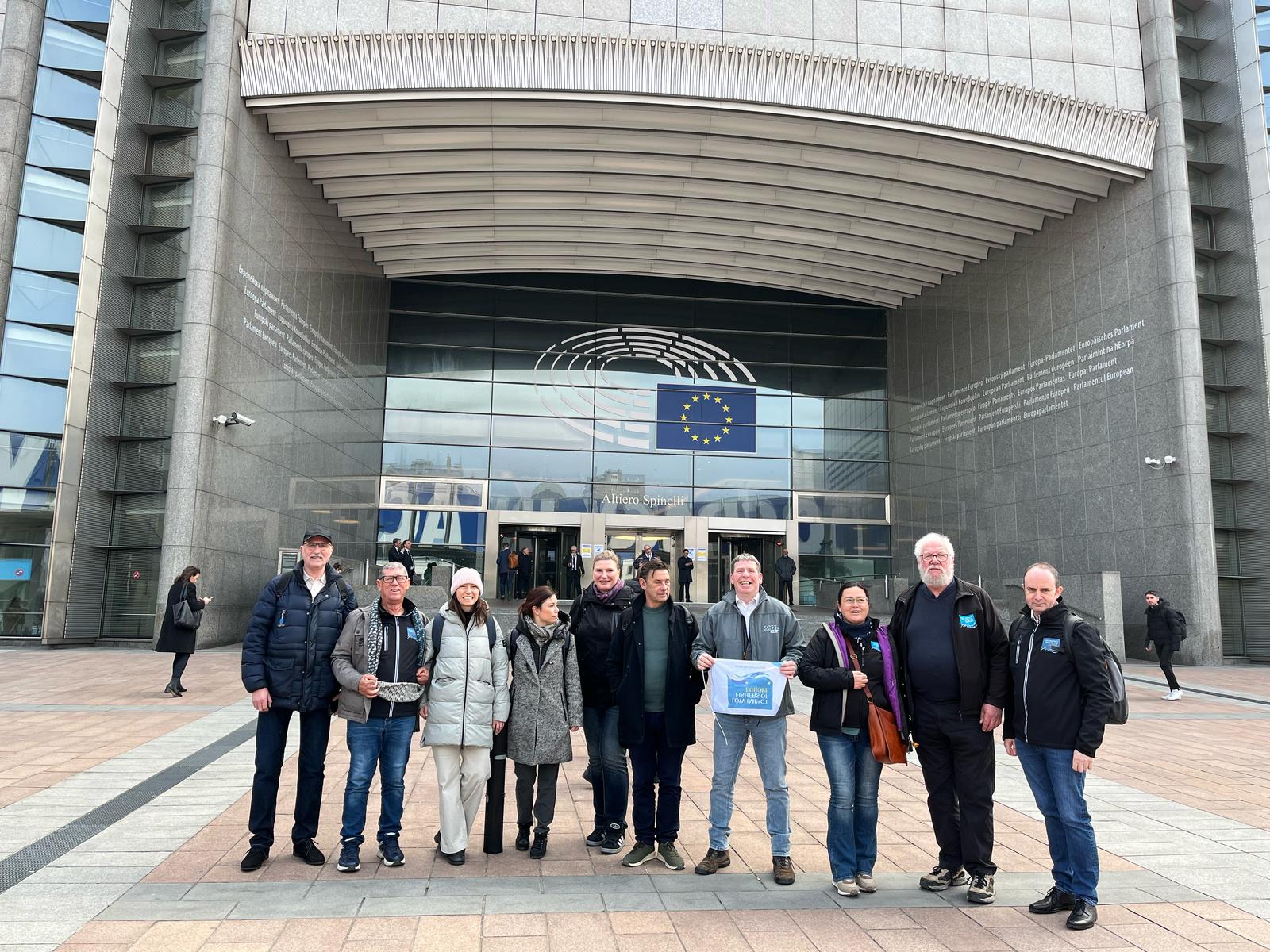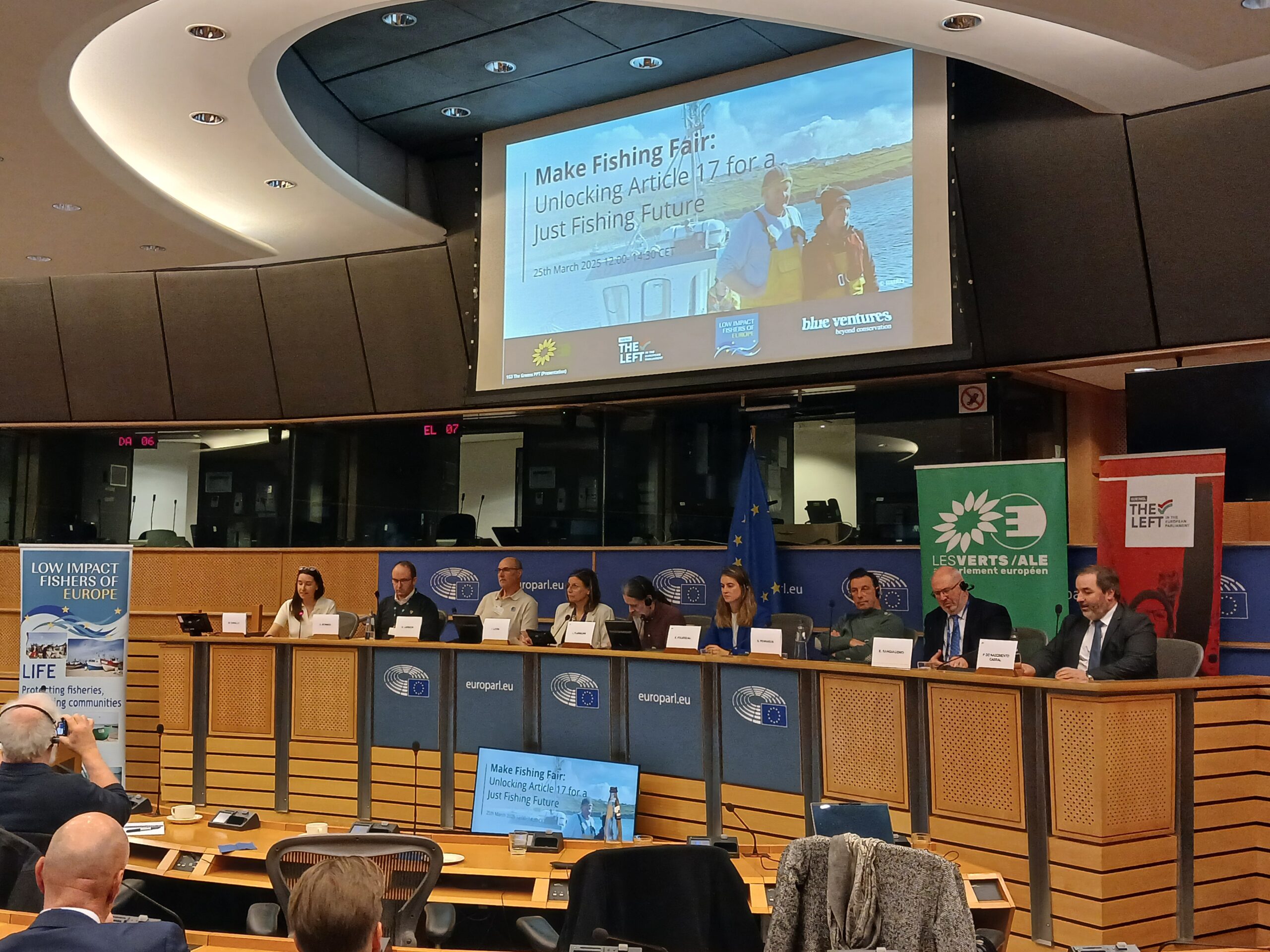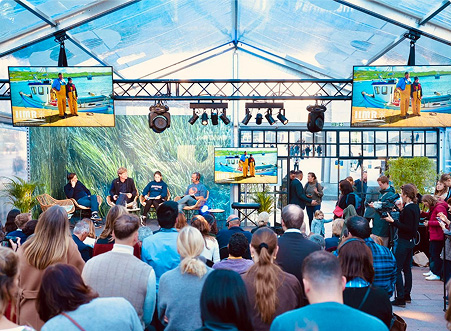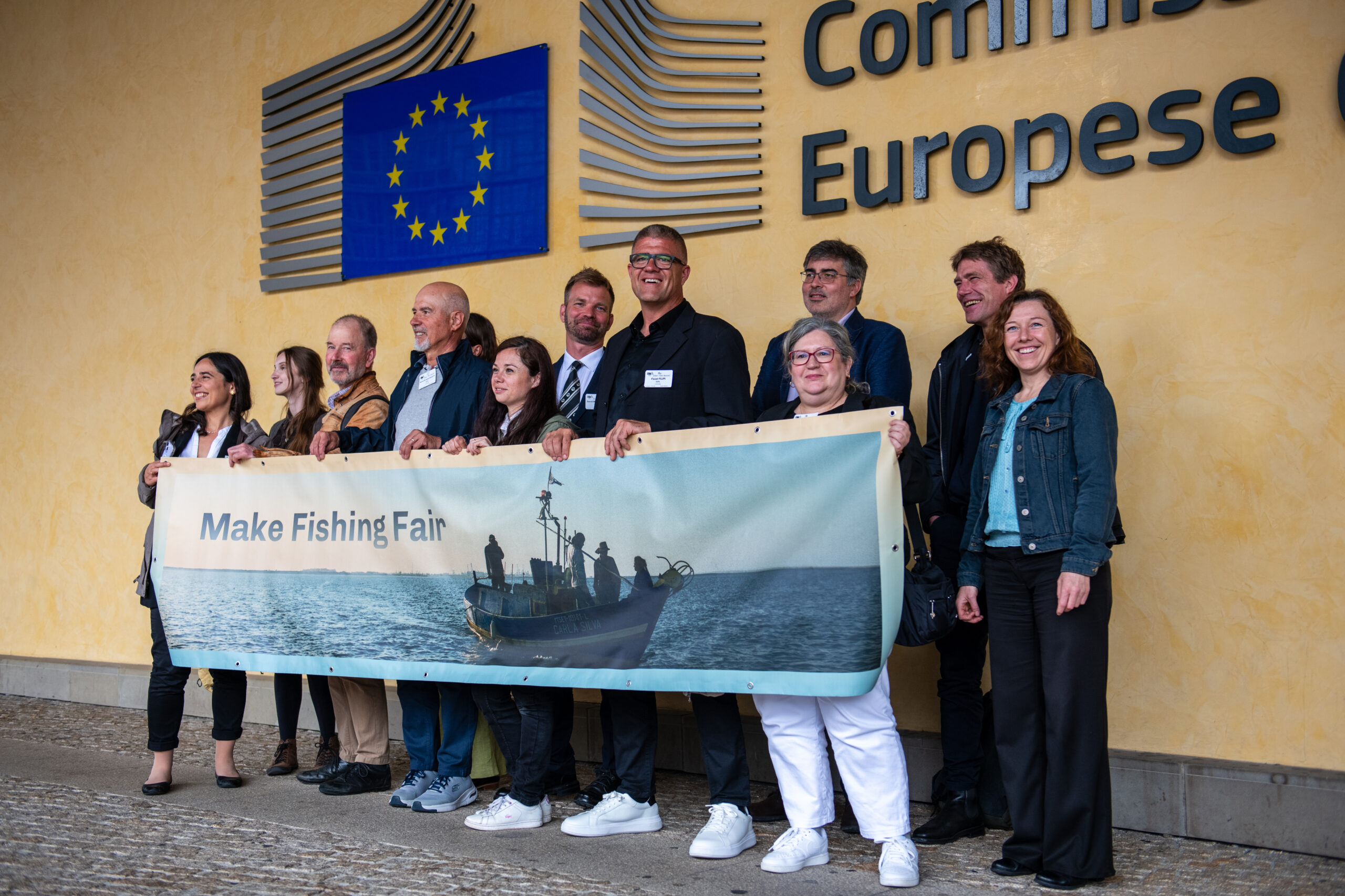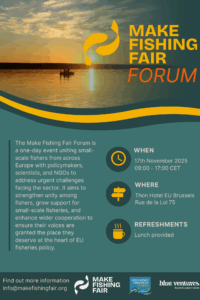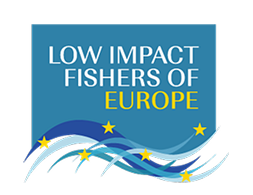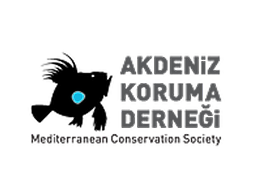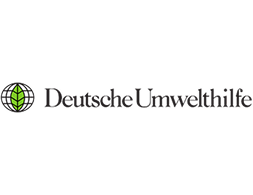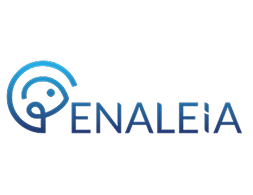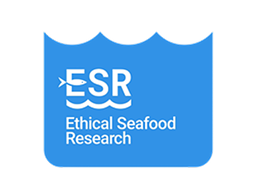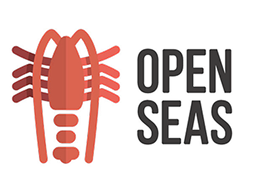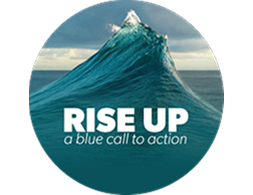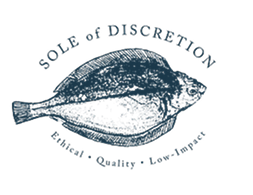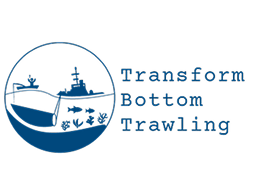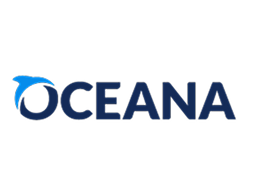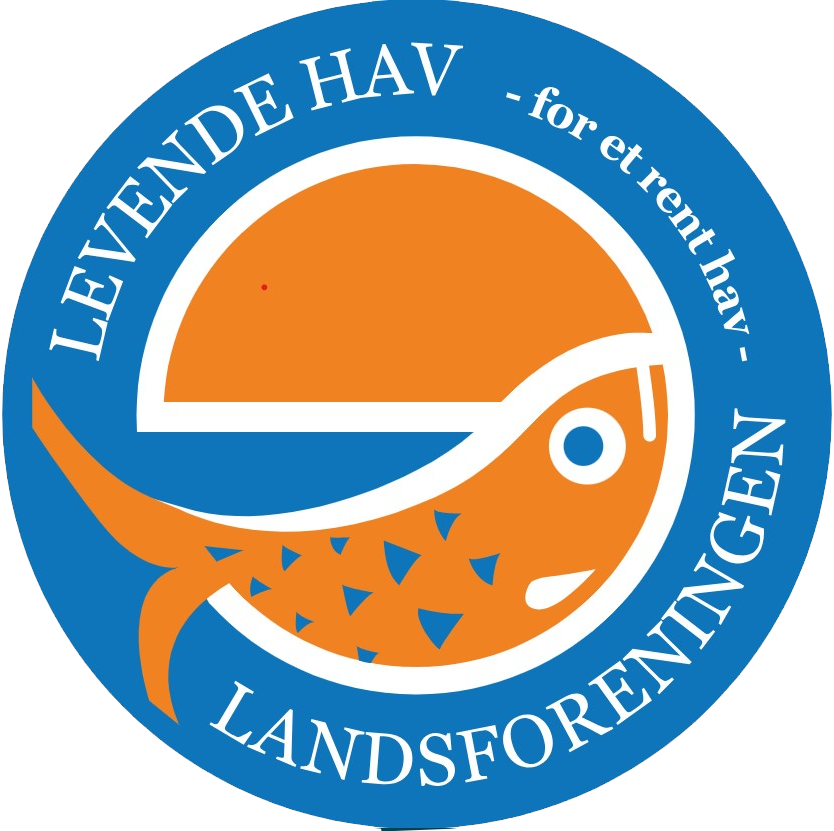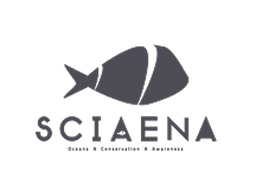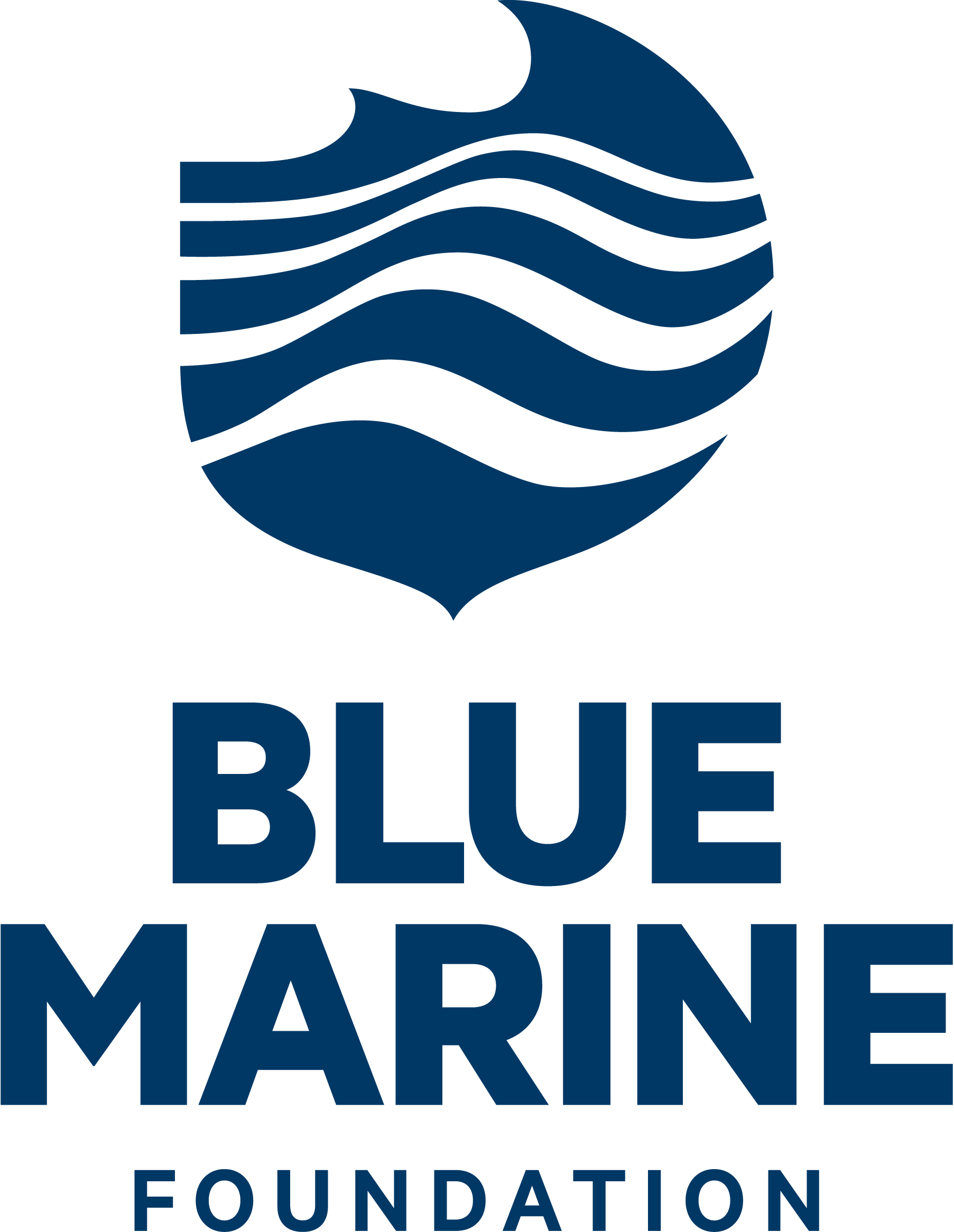Europe’s Small-Scale Fishers Are Being Left Behind — It’s Time to Make Fishing Fair.
We’re a campaign shaped and supported by 38 small-scale fisher organisations across Europe
We are calling on the European Commission to stand up for small-scale, low-impact fishers.
We urge the European Commission to ensure fair access and targeted support for those fishing responsibly and protect our seas.
![]() Fair Quota Access
Fair Quota Access
Implement Article 17 with clear, binding criteria that reward sustainable practices and community benefits.
![]() Financial Support for a Just Transition
Financial Support for a Just Transition
Prioritise small-scale, low-impact fishers in EU funding to support sustainability and market access.
![]() Transparency & Accountability
Transparency & Accountability
Ensure fair, transparent allocation of subsidies and fishing opportunities, making sure that public resources serve the public good.
Campaign milestones
Latest updates, events & resources
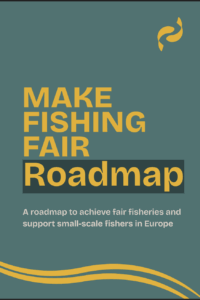
A partnership between Low Impact Fishers of Europe and Blue Ventures.
SUPPORTED BY
CONTACT
info@makefishingfair.org
Low Impact Fishers of Europe
Blue Ventures
Privacy policy
Text content
